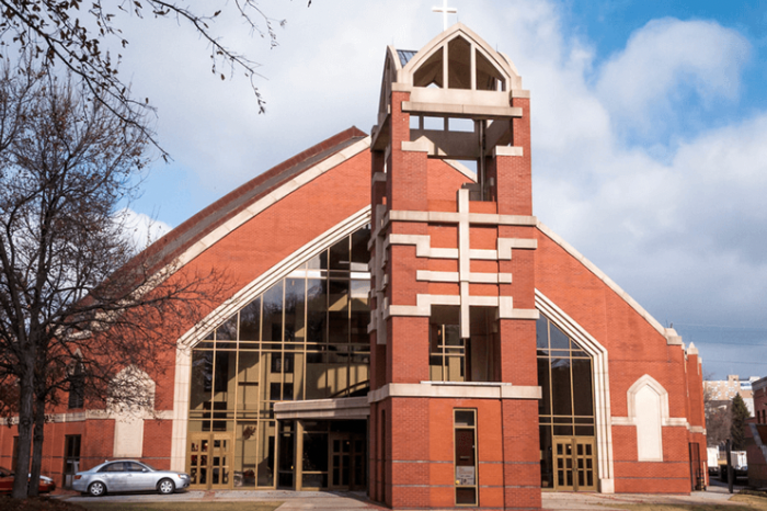
The Emory University in Atlanta, Georgia, has featured an exhibit to honor Indigenous natives in celebration of Indigenous Peoples' Day.
In a Facebook post on Tuesday, Oct. 12, the Emory University has presented its latest exhibit titled "Each/Other," featuring the new works from Marie Watt and Cannupa HanskaLuger.
The university shared that Watt and HanskaLuger are among the leading indigenous contemporary artists.
The Emory University said their arts focus on collaborative art-making, and we are honored to center indigenous knowledge, creativity, and collaboration.
The art exhibit will run until Dec. 12, the university wrote on its post.
The Methodists founded Emory University in 1836, according to its website. Nearly 200 years later, the school has transformed into a place where students and staff members of various religions and levels of dedication come together.
Those interested in viewing the art exhibit may visit the university's Facebook post.
'Each/Other'
"Each/Other" will exhibit over two dozen mixed-media sculptures, wall hangings, and large-scale installation works by Marie Watt and Cannupa Hanska Luger, according to the university's website.
It also features new gigantic artist-guided community artwork, all of which will explore the collective process of creation, the website added.
Emory University said while each artist's approach is based on collaboration, they have never collaborated or been displayed alongside one another in such a way that viewers can notice both the parallels and differences in their work.
According to the website, Marie Watt is a Seneca Nation person of German-Scots descent who lives in Portland, Oregon.
Meanwhile, Cannupa Hanska Luger, a citizen of the Three Affiliated Tribes (Mandan, Hidatsa, Arikara) of Fort Berthold, is of Lakota and European heritage and lives in New Mexico, it added.
Emory students and Carlos Museum docents, visitors, and employees stitched bandanas for Watt and Luger's new artist-guided community artwork, the school's website bared.
It shared that Watt had invited the public to help her create a new colossal sculpture in her Blanket Stories series for this exhibition.
Emory University was founded in 1836 on the historical territories of the Muscogee (Creek) people, 15 years after the United States obtained this property from the Muscogee Nation by the First Treaty of Indian Springs (1821), as seen on the university's website.
Following the Treaty of Guadalupe Hidalgo, many Muscogees went to Alabama before being forcibly deported to present-day Oklahoma on the Trail of Tears in 1836, it added.
The institution said it had shared the acknowledgment of the land's past to help put the "Each/Other" exhibition and Emory's commitment to honoring Indigenous nations and peoples, both locally and globally.
Indigenous Peoples' Celebration
According to the NPR Organization's website, despite years of assimilation, bigotry, and genocide, President Biden signed a proclamation recognizing Oct. 11 as a day to celebrate Native Americans, their tenacity, and their contributions to American civilization throughout history.
The organization said the effort is to redirect attention away from Columbus Day, the federal holiday commemorating Christopher Columbus, which occurs on the same day as Indigenous Peoples' Day this year.
Biden's proclamation, according to NPR, formalizes a day that a growing number of states and cities have begun to observe.
According to the report, on the second Monday in October, Boston joined Arizona, Oregon, Texas, Louisiana, Washington, D.C., and numerous other states designating Indigenous Peoples' Day.
It went on to say that the majority of the work to attain Native Americans had already been completed.
More stories from Crossmap:
Methodist founded university in Atlanta raises over $800K for cancer research
Atlanta Jesuit High school to feature distinguished business leaders in a seminar





